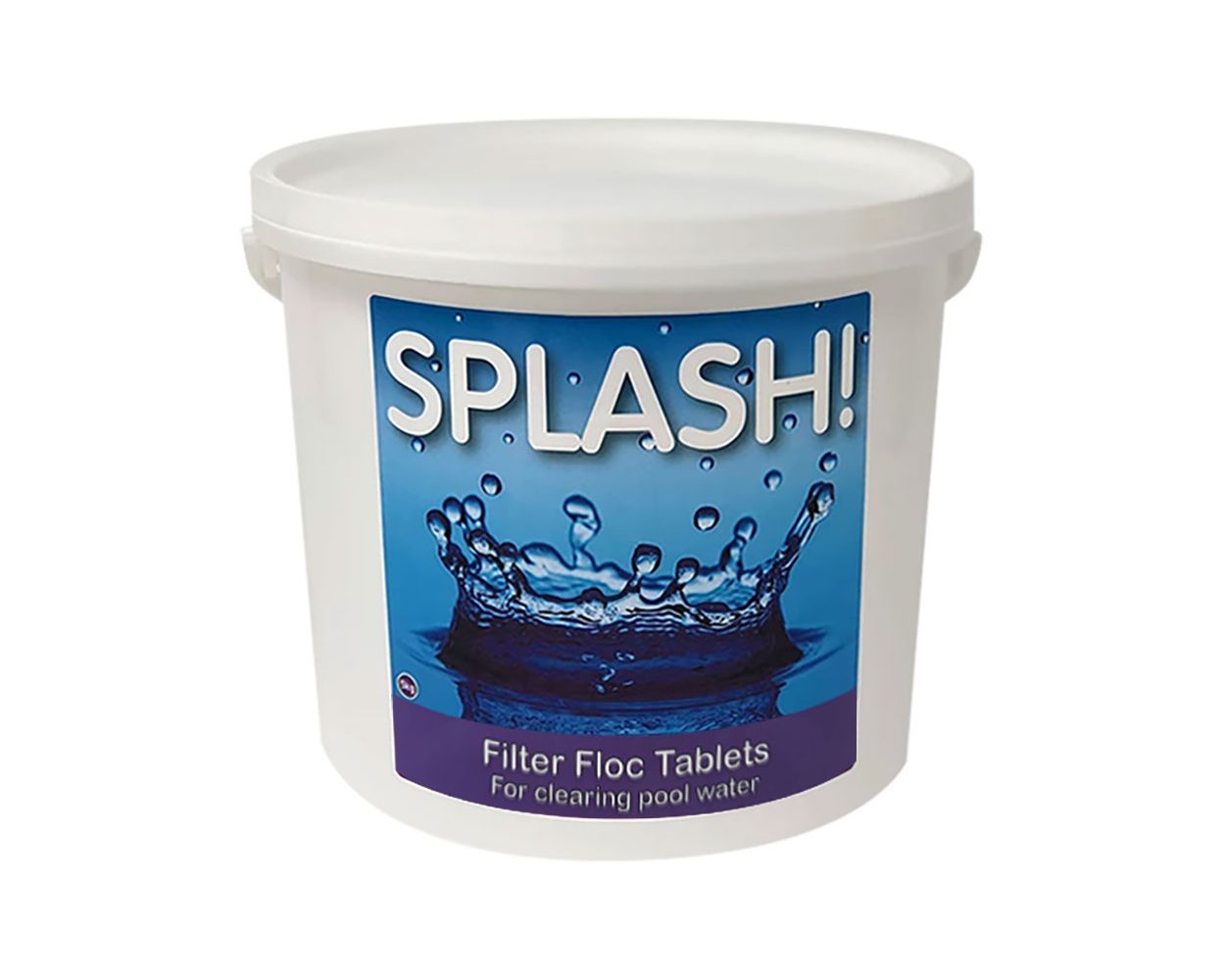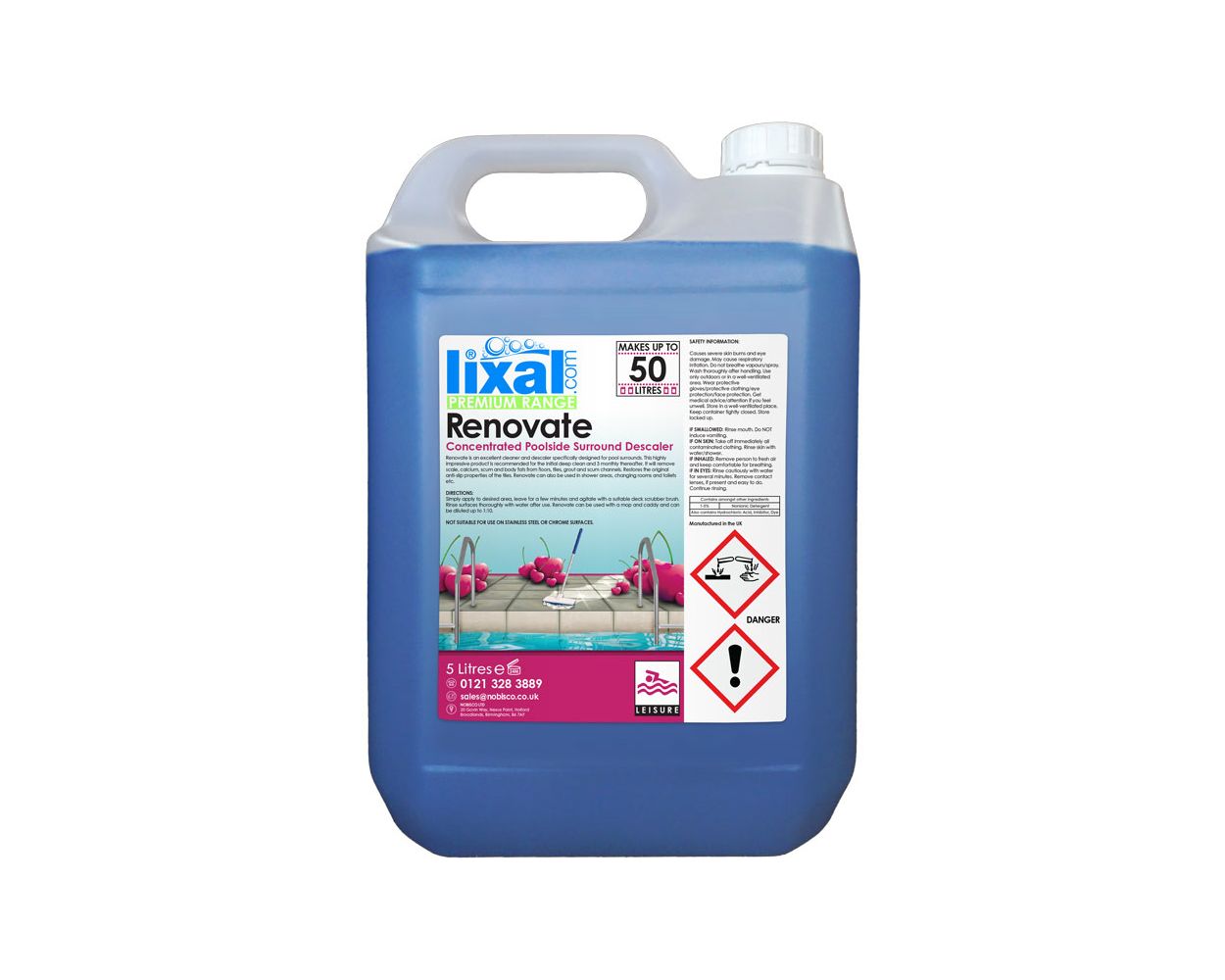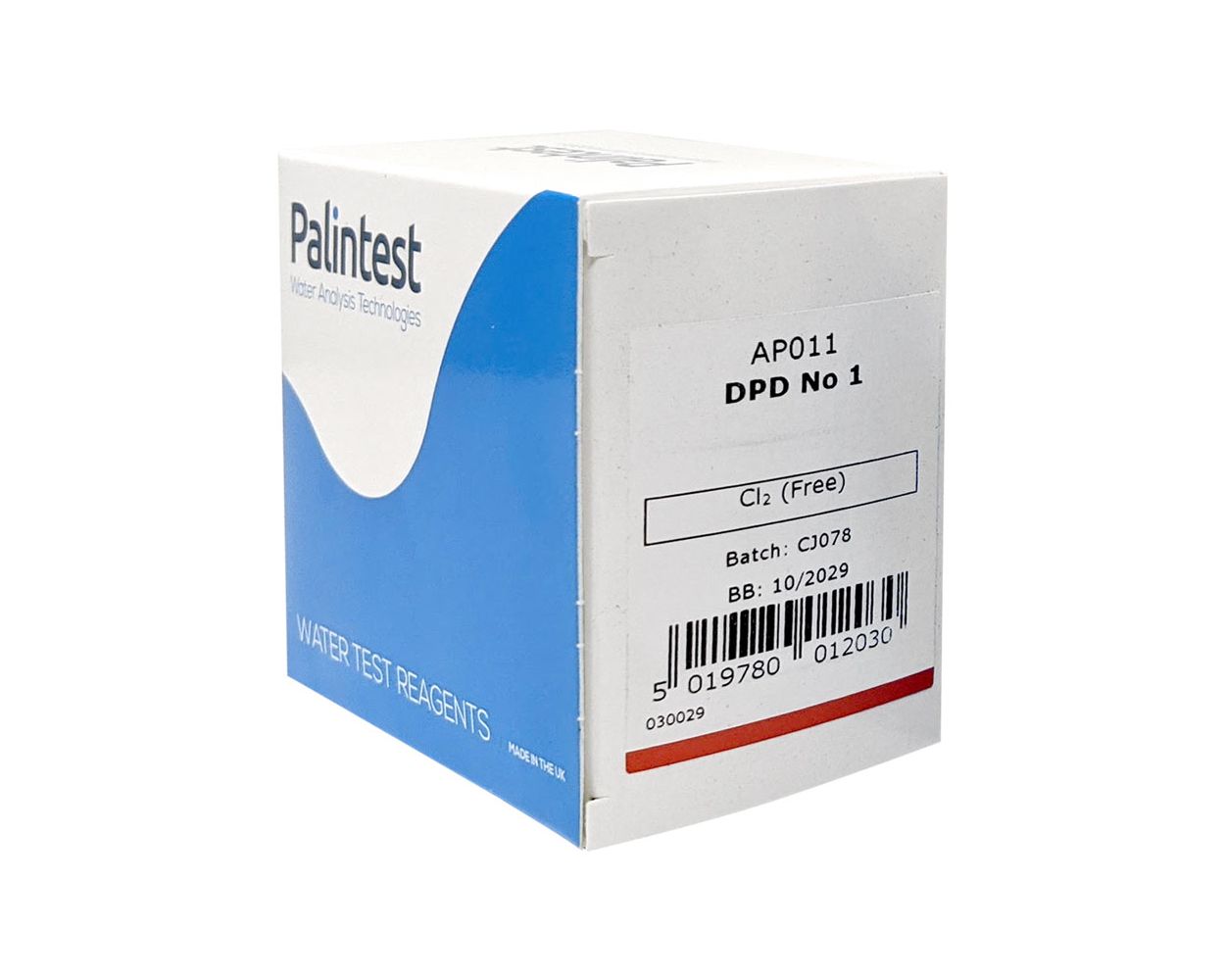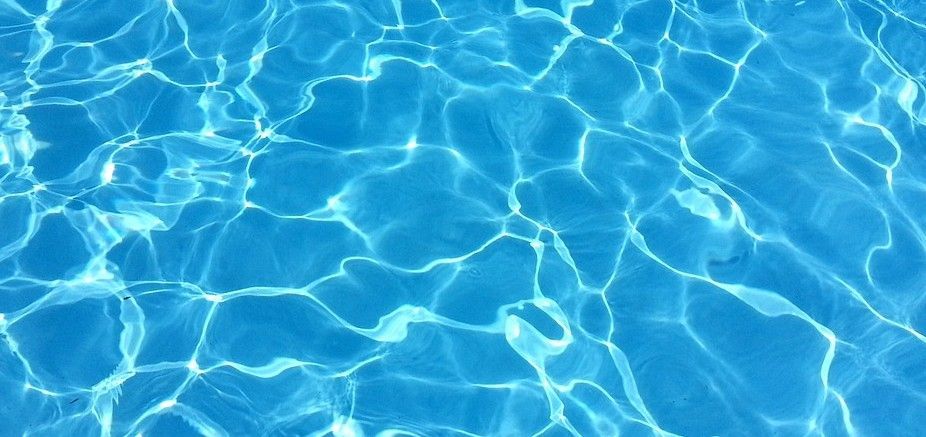Summer is the time of year when we are all motivated to spend more time outdoors, taking part in activities, trying new fitness regimes, and spending quality time with families and friends. One of the most favoured activities is swimming. Whether you manage a local public swimming pool or oversee a leisure spa at a holiday resort, it’s important to keep your pools safe and clean at all times, to ensure the safety and comfort of your customers.
In this guide we’ll give you top tips on how to properly care for and maintain your swimming pool, along with advice on the importance of water testing and using pool chemicals.
1. Frequent water testing
As a general rule, it is always best to check chlorine, pH and alkalinity at least once a week to ensure optimal water quality. This routine is advised for any type of public swimming pool, including spas, resort jacuzzis, outdoor pools, etc.
- Check quality of water: It’s important to ensure the water chemistry is well balanced to deter the growth of bacteria.
- Key parameters to monitor:
- pH levels: Ensure the best pH levels and that they are well balanced
- Chlorine levels: The correct level of chlorine will help to eliminate the build up of bacteria and algae in the pool
- Alkalinity: This will help to ensure there is no sudden change in the pH levels of the water - Regular tests: Pool water testing should be conducted at least once a week. However, different chemicals may require testing more or less frequently depending on the traffic to the pools
- Using the correct products and tools: Ensure you have reliable water testing equipment and balancing chemicals for the pool.
2. Filtration system maintenance
The filtration system is designed to remove any dirt and debris from the water. With a variety of filter systems available, it’s important to understand the unique features of each type to ensure they operate at optimum efficiency.
- Types of Filters:
- Sand Filters: The way to clean a sand or glass filter is by reversing the flow of water or backwashing. These filters need to be cleaned at least once every 2 weeks
- Cartridge Filters: To successfully clean a cartridge filter, you will need to completely remove the cartridge and clean the dirt with a hose before leaving to dry. The best practice is to have two sets of filters to avoid the a long cleaning process and downtime
- Diatomaceous Earth (DE) Filters: These are quite similar to a sand filter. They also use the backwashing technique to remove dirt and then coat it with the DE product when replacing. This type of filter should be cleaned a few times during the season - Maintenance Tips:
- Backwashing: This is essentially to reverse the flow of water to help flush the dirt and contaminants from the pool filter. Backwashing should be performed at least once a month.
- Cleaning and Replacing Filters: Damage, poor water flow, worn filters, and pressure problems are just some of the reasons why you need to consider replacing the pool filter
3. Regular Cleaning and Debris Removal
Regular cleaning and maintenance of the swimming pool and environment will ensure the longevity of the facility and keep customers returning. There’s nothing quite worse than getting into a dirty and neglected public pool!
- Poolside cleaning: It’s also important to keep on top of poolside cleaning and ensure the area is hygienic, spotless and well maintained.
- Daily Skimming and Vacuuming: Use a good quality net or water skimmer to skim the surface of the pool regularly, especially if you have an outdoor public pool. Vacuuming is also good for removing debris and other fine particles that rest at the bottom.
- Tile and Grout Cleaning: Over time, grime and limescale can build up on tiles and the grout,so it’s essential to regularly clean the tiles to prevent unsightly mould marks
- Product Recommendations: At Nobisco, we have a wide range of products for swimming pool cleaning, from water testing products, to flocculants, water balancing products and water sanitisers
Products we recommend for swimming pool cleaning
Flocculants
 |
|
How to use:
- Test to examine the chemical balance of the water
- Backwash the filter to clean it and return to the normal filter cycle
- Remove the non-woven sleeve and add 2 filter floc tablets per 100 cubic metres of pool water using the skimmer basket or pump strainer basket
- Run the circulation pump continuously for 48 hours
- Backwash the filter as needed during this time
- Redose with filter floc tablets
Poolside cleaning chemicals
 |
Lixal Renovate Concentrated Poolside Descaler 5L
|
How to use:
- Pour a sufficient amount of Lixal Renovate into a mop bucket
- Use a scrubber brush to dip into the bucket and apply to the problem area
- Leave for a few minutes, and then rinse the surface thoroughly
- Use every 3 months for maximum impact
- For less severe areas, it can also be diluted up to 1:10 with water and used in the same way
Water balance chemicals
 |
Splash Total Alkalinity (TA) Raiser - Sodium Bicarbonate 25kg Tub
|
How to use:
- Start by dissolving the powder in a clean plastic container.100g of product per 10 litres (2.2 gallons) of clean water
- Mix well to make sure all the powder has dissolved.
- Add this solution to the swimming pool whilst the pool pumps are running.
Water sanitisers
 |
Palintest DPD 1 Photometer Tablets (Pack/250)
|
How to use:
- Use a test tube to fill with small amounts of water samples from the pool
- Add one DPD 1 tablet by crushing and forming a paste.
- Fill the rest of the test tube with pool water and mix.
- Allows a few seconds for the gas bubbles to clear
- Take the photometer reading
4. Ensuring Good Ventilation and Humidity Control
Proper ventilation and humidity control are essential in swimming pools to maintain a comfortable environment for swimmers and to ensure the facilities are pleasant to use.
- Importance of Air Quality: Pool ventilation can impact air quality,and uncontrolled condensation can lead to infrastructure problems.
- Humidity Control: Excess humidity in indoor pools can also lead to mould growth and also become quite uncomfortable for swimmers. By installing a good quality humidifier, you can keep the humidity levels in check.
- Maintenance Tips:
- HVAC System Checks: Regular maintenance and professional inspections are key.
- Check Dehumidifiers: These devices will help to maintain RH (Relative Humidity) at an appropriate level.
5. Safety Measures and Regular Inspections
Regular inspections and safety measures in swimming pools are crucial to prevent accidents, ensure water quality, and maintain the overall safety and well-being of all swimmers.
- Importance of Safety Inspections: It’s important to invite Environmental Health Officers (EHOs) to conduct regular inspections of all public swimming pools to help prevent accidents.
- Key Areas to Inspect:
- Pool Deck: Check for cracks in the pool, loose floor/wall tiles, or slippery surfaces.
- Safety Equipment: Ensure that all life-saving equipment is in good working order.
- Ladders and Handrails: Check for stability of ladders and rust on handrails - Compliance with Regulations: Always check you are keeping up to date with local safety and health regulations.
In conclusion, maintaining a public swimming pool is no small task, and the importance of investing in high-quality commercial swimming pool cleaning products cannot be overstated. These products are essential for ensuring that the pool remains a safe and inviting space for visitors. Not only do they provide superior disinfection and sanitation but also help prolong the lifespan of the pool and its components.
By choosing the right products, businesses can enhance the overall experience for swimmers, reduce long-term maintenance costs, and uphold their reputation for cleanliness and safety. Ultimately, investing in top-tier cleaning products is an investment in the health and satisfaction of all pool users, as well as in the long-term success of the facility.
If you’re looking for advice on the best cleaning products to use for your swimming pool facility, we can help. Call us on 0800 197 5656 or drop us a message in our chat box.







